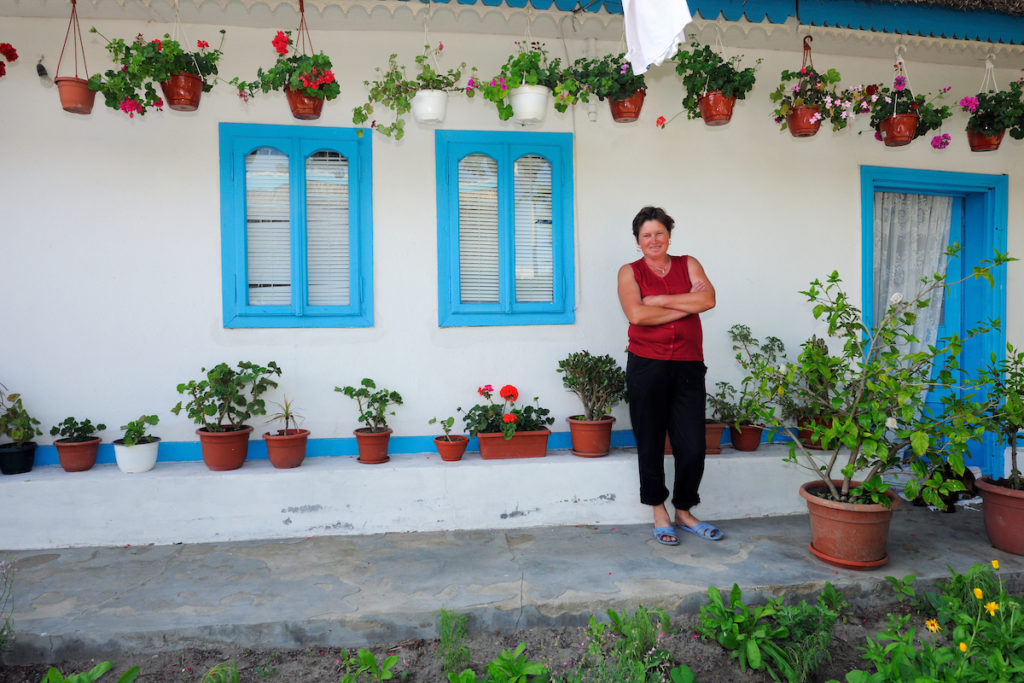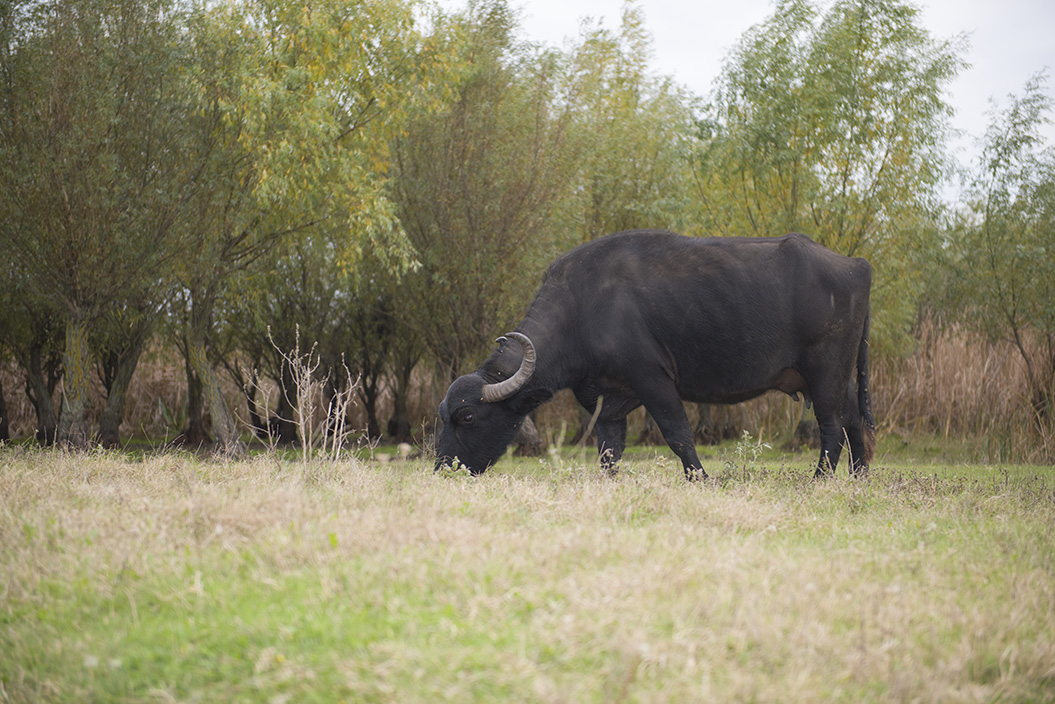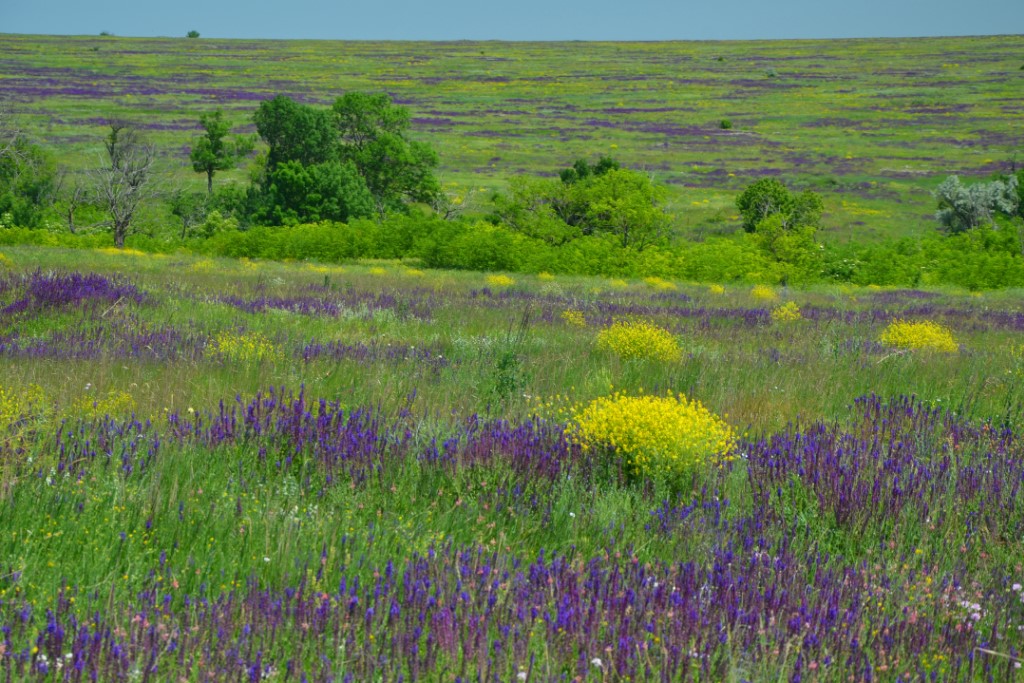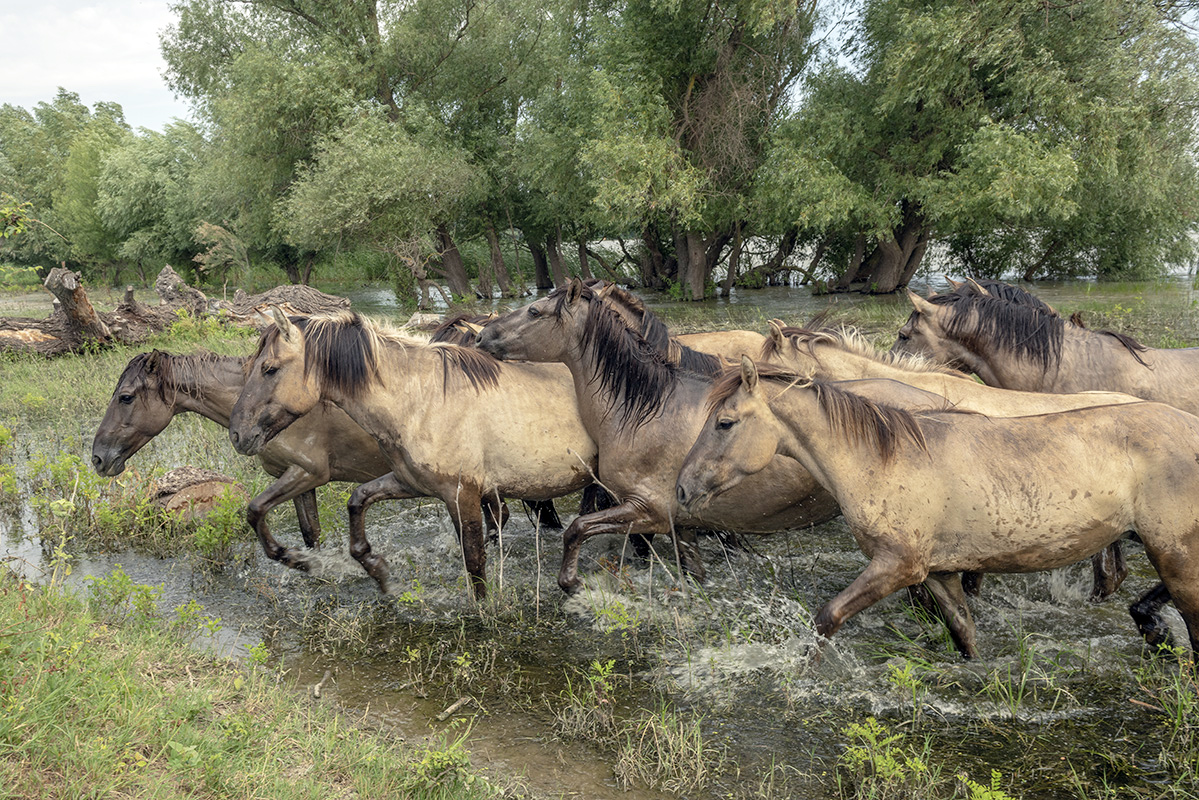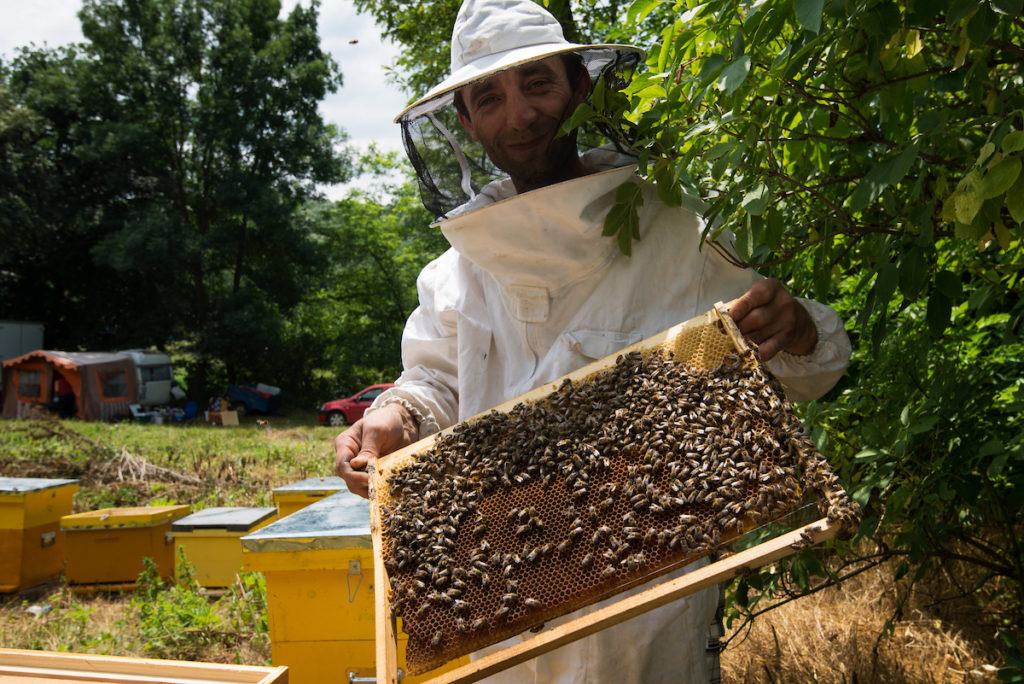Nature-based tourism
Nature tourism around the world is booming. And at a time when biodiversity is in decline, wildlife watching is on the up.
People want to see animals and birds in the wild – from hides, with the help of guides, for photography. The Danube Delta has a wide range of attractive species on offer for wildlife watching and photography – from a huge variety of bird species, such as pelicans, owls, herons and egrets, to reintroduced large grazers such as Tauros, water buffalo and wild horses.
Three nature-based tourism locations in Ukrainian part of the Danube Delta will be created or supported on the basis of previously restored ecosystems, such as wetlands or steppe. We will support the development of nature-based tourism infrastructure, such as watchtowers, hides and eco-trails, and will also promote these locations in order to attract national and international tourists.
